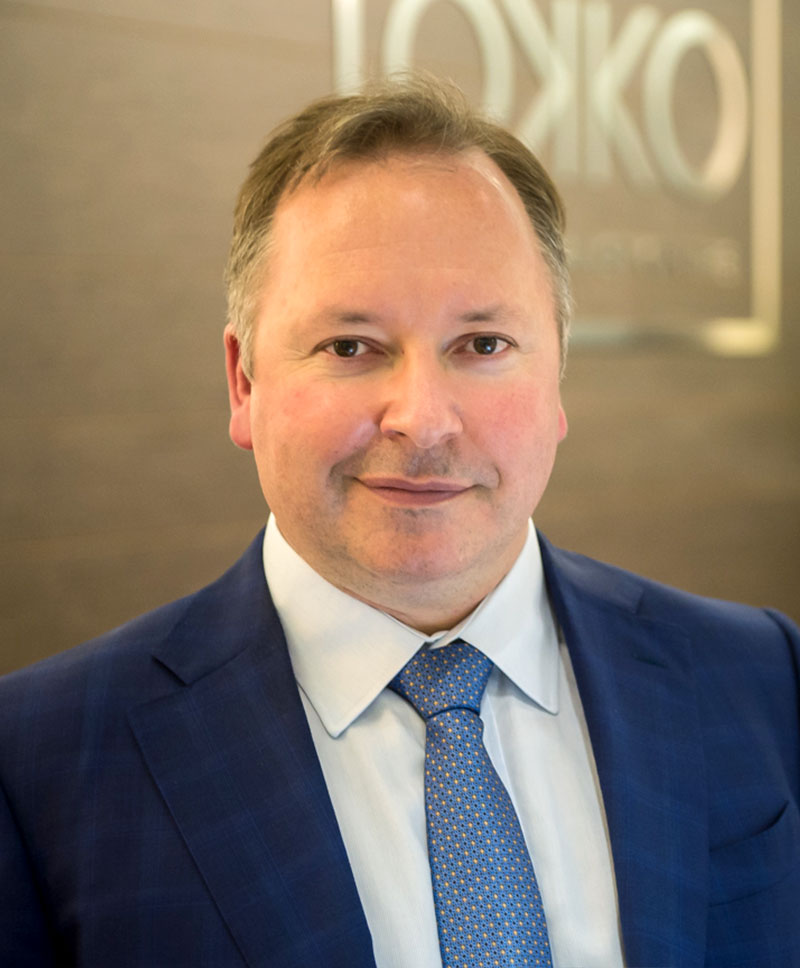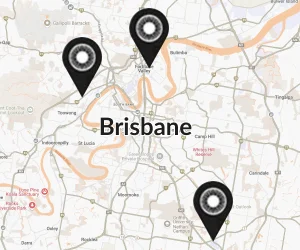
PRK surgery for dry eyes: What you need to know
Many people with dry eye symptoms worry that laser vision correction might not be suitable for them. But if you're living with dry eyes and exploring options to reduce your dependence on glasses or contact lenses, PRK surgery (Photorefractive Keratectomy) may be a safe and effective choice.
In this blog, we explore how PRK surgery works, how it compares to LASIK for patients with dry eye, and what you can expect during recovery. We also address the common concern: can PRK make dry eye worse?
To learn more about the procedure, visit our PRK Surgery Brisbane page. If you're ready to take the next step, take our suitability self-test.
What is PRK surgery for dry eyes?
PRK is a type of laser eye surgery that reshapes the surface of the cornea to correct refractive errors like:
- Nearsightedness (myopia)
- Farsightedness (hyperopia)
- Astigmatism
Unlike LASIK, PRK doesn’t involve creating a corneal flap. Instead, the surface layer of the eye (epithelium) is gently removed before reshaping the underlying corneal tissue with a laser. This flap-free technique is often preferred in people with thin corneas or pre-existing dry eye1https://www.aao.org/education/editors-choice/dry-eye-more-likely-to-develop-after-lasik-than-prk.
How PRK surgery helps with dry eye symptoms
PRK is not designed to treat dry eye disease directly. However, it may be a better option for people with dry eyes because:
- It avoids cutting a flap, which can affect corneal nerves involved in tear production
- It tends to cause less long-term dryness than LASIK
With good preoperative screening and careful aftercare, PRK can be performed safely in patients with mild to moderate dry eye2https://pmc.ncbi.nlm.nih.gov/articles/PMC10253504/#sec4-jcm-12-03761.
Which surgery is better for dry eye: PRK or LASIK?
Both PRK and LASIK can cause some temporary dryness after surgery. However, PRK may be less likely to worsen dry eye long-term, particularly in people who already have symptoms.
| Feature | PRK | LASIK |
| Flap created? | No | Yes |
| Nerve disruption | Less | More |
| Long-term dryness | Less likely | More likely |
| Recovery time | Longer | Shorter |
While LASIK offers faster recovery, the creation of a corneal flap may increase the risk of post-surgical dry eye.
Common dry eye symptoms after PRK surgery
It’s normal to experience some degree of dryness after PRK. Symptoms may include:
- Grittiness
- Blurred vision
- Light sensitivity
- A burning sensation.
These symptoms usually improve within a few weeks to months as your eyes heal and your tear film stabilises. Using lubricating drops as directed by your surgeon can help manage symptoms.
Can dry eyes be permanent after PRK?
Chronic dry eye after PRK is uncommon3 https://pmc.ncbi.nlm.nih.gov/articles/PMC5702539/, especially in well-selected patients. Long-term studies show that most people experience only temporary dryness, which improves with time.
Your surgeon will assess your tear film, ocular surface, and risk factors during your consultation to help ensure a safe outcome.
Is PRK a good option for patients with dry eyes?
Yes—for many people with dry eye symptoms, PRK is often a better alternative to LASIK4 https://pmc.ncbi.nlm.nih.gov/articles/PMC10253504/#sec4-jcm-12-03761. That said, not everyone with dry eyes is suitable for surgery.
Before recommending the procedure, your surgeon will:
- Check the health of your tear film and ocular surface
- Consider pre-treatment with lubricating eye drops or other therapies
- Assess your eye anatomy and general health.
A careful approach helps ensure that surgery improves your vision without worsening your symptoms.
If you have dry eyes and are exploring your options for laser vision correction, PRK may be a suitable and safe solution. While no surgery is without risks, PRK avoids flap-related complications and may reduce the chance of long-term dryness compared to LASIK.
The best way to find out if you're a candidate is to book a consultation or take our PRK suitability self-test today.

Hi, I’m Dr. Matthew Russell, a laser and cataract surgeon
HI I’M DR. MATTHEW RUSSELL A LASER EYE AND CATARACT SURGEON
With over 15 years of experience, I enjoy the privilege of helping patients of all ages reclaim clear vision or preserve it for as long as possible.
Vision correction and high-precision cataract surgery hinge on the expertise and skill set of the provider who also has access to the most precise tools for the job. Ophthalmic surgeons like me know how to make treatment safe, comfortable and positive for the patient. They know how to minimise the risk of complications and maximise successful outcomes.
I have a passion for helping my patients enjoy the clear, high-definition vision they need to live rich and active lives. Now, I have hand-picked a team of professionals that share my passion and commitment to exceptional care.
Dr. Matthew Russell
MBChB, FRANZCO






